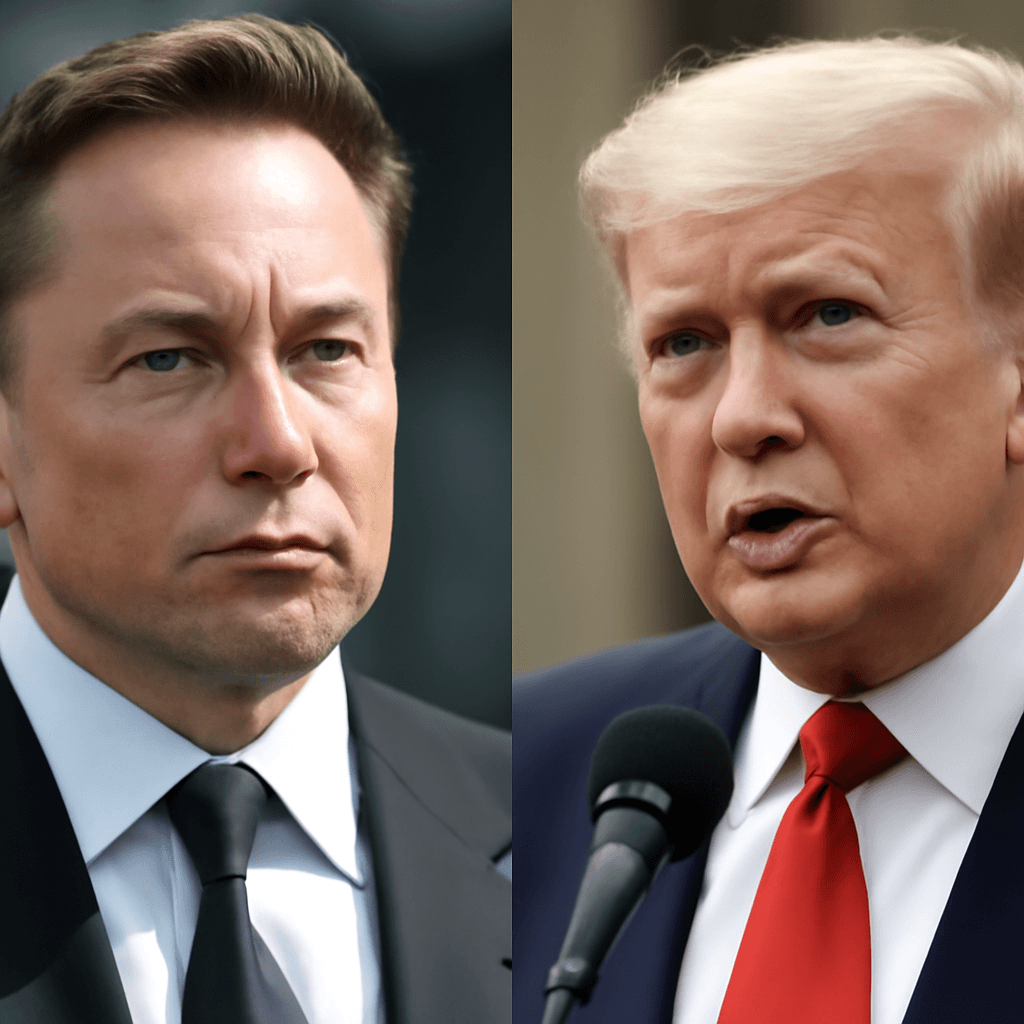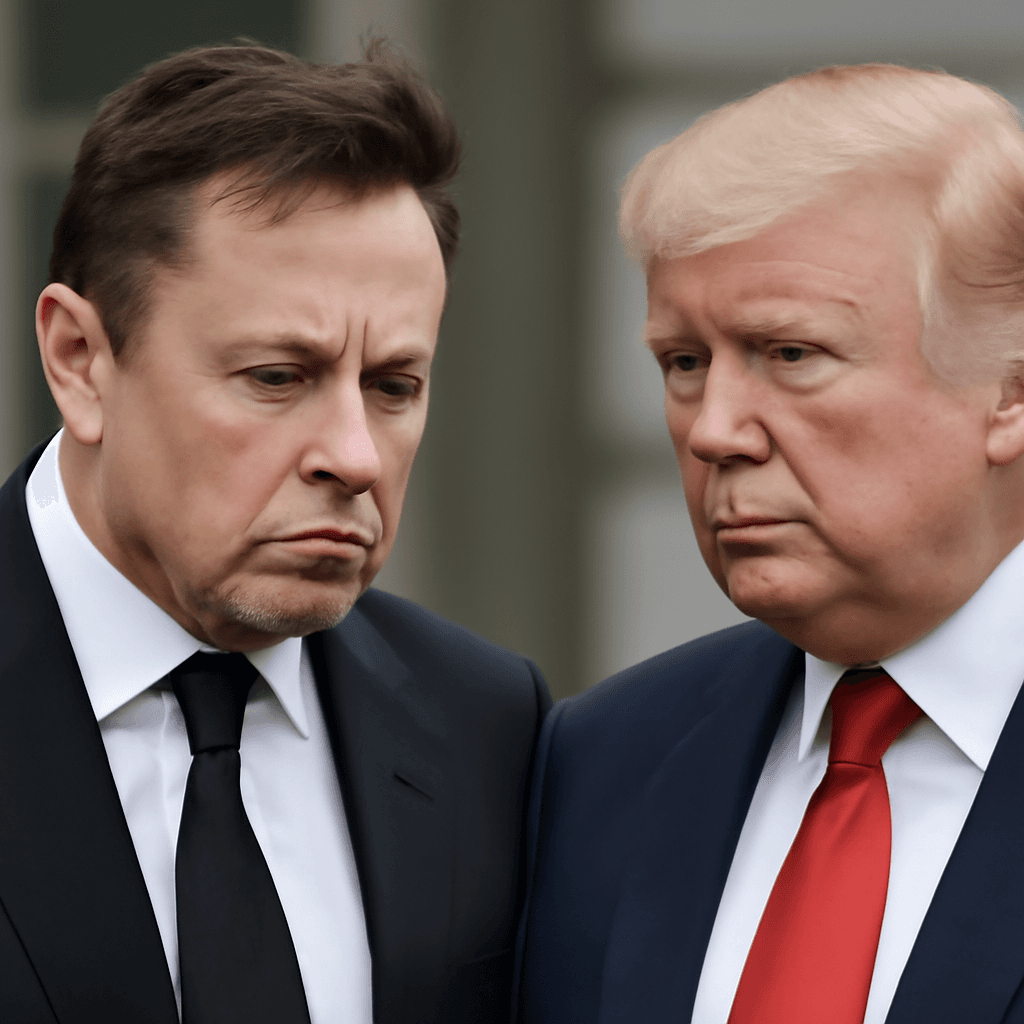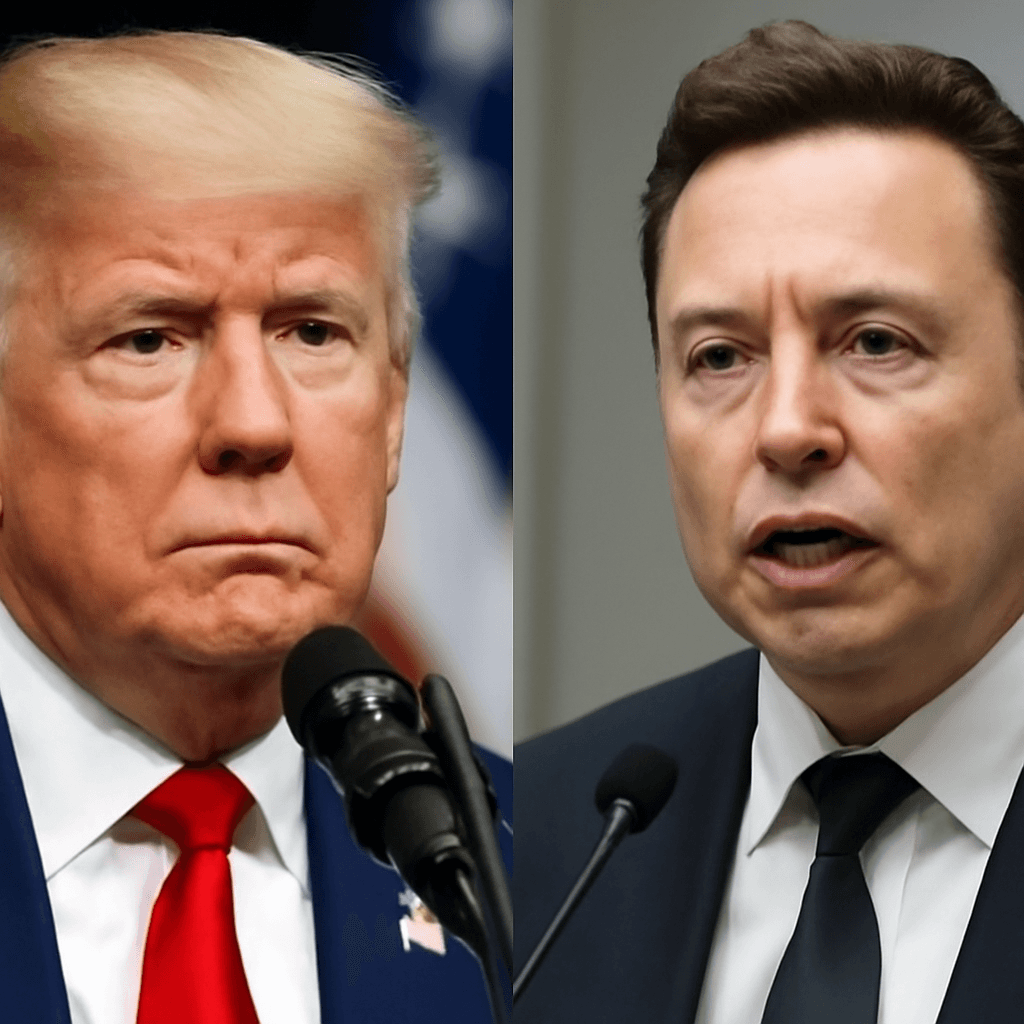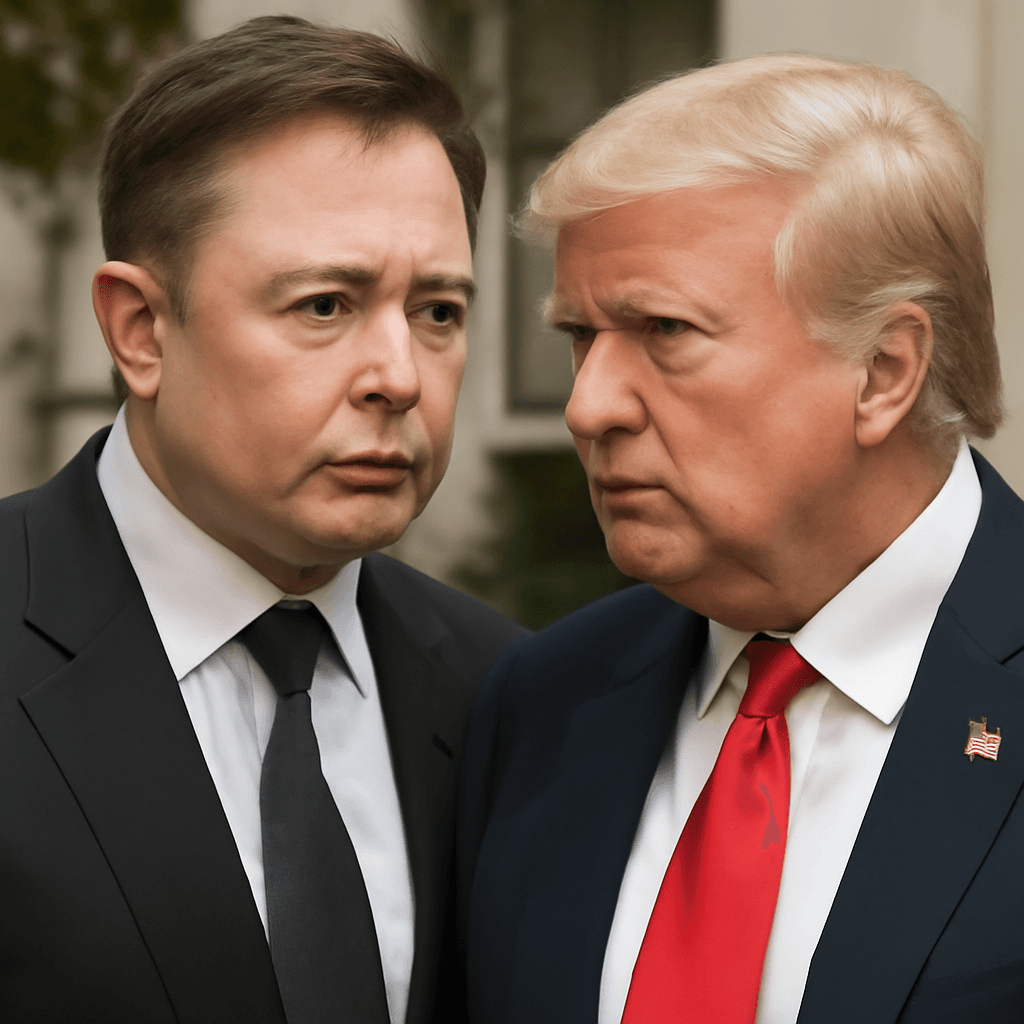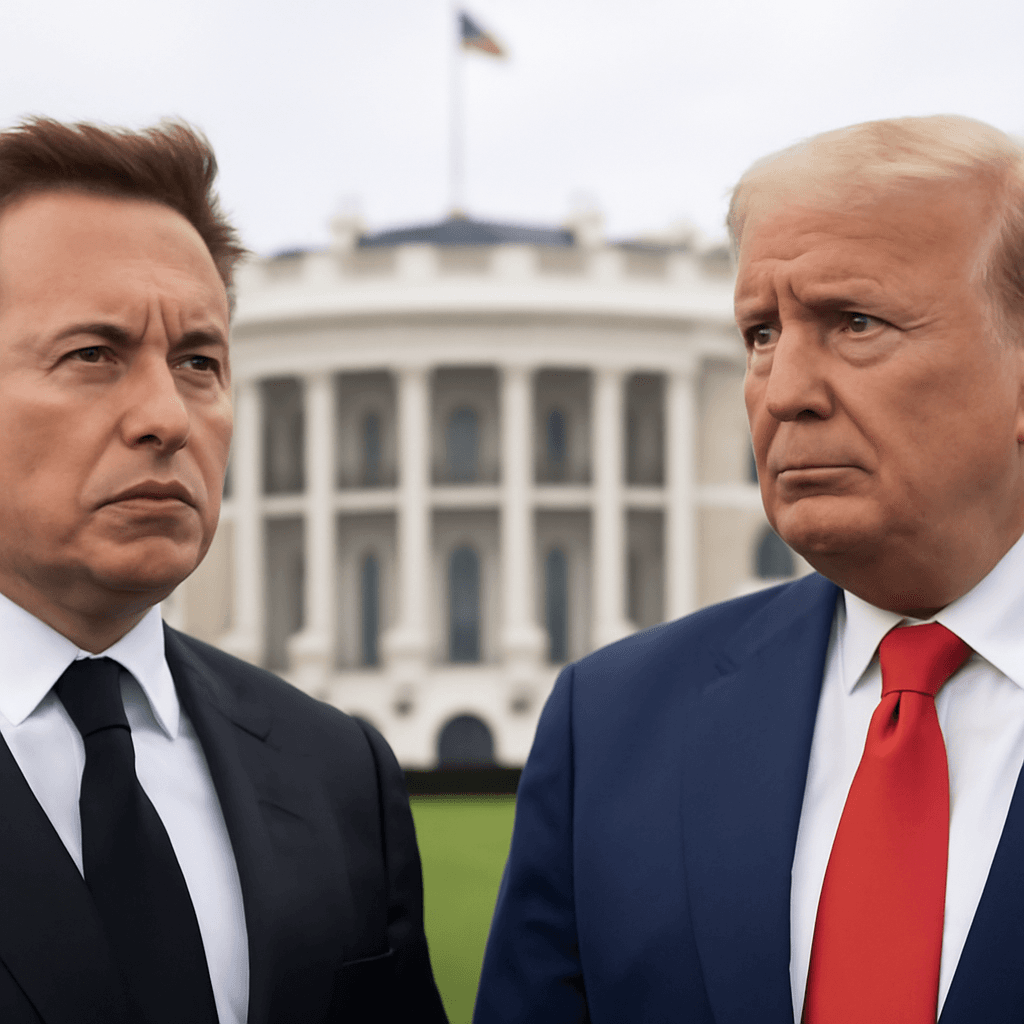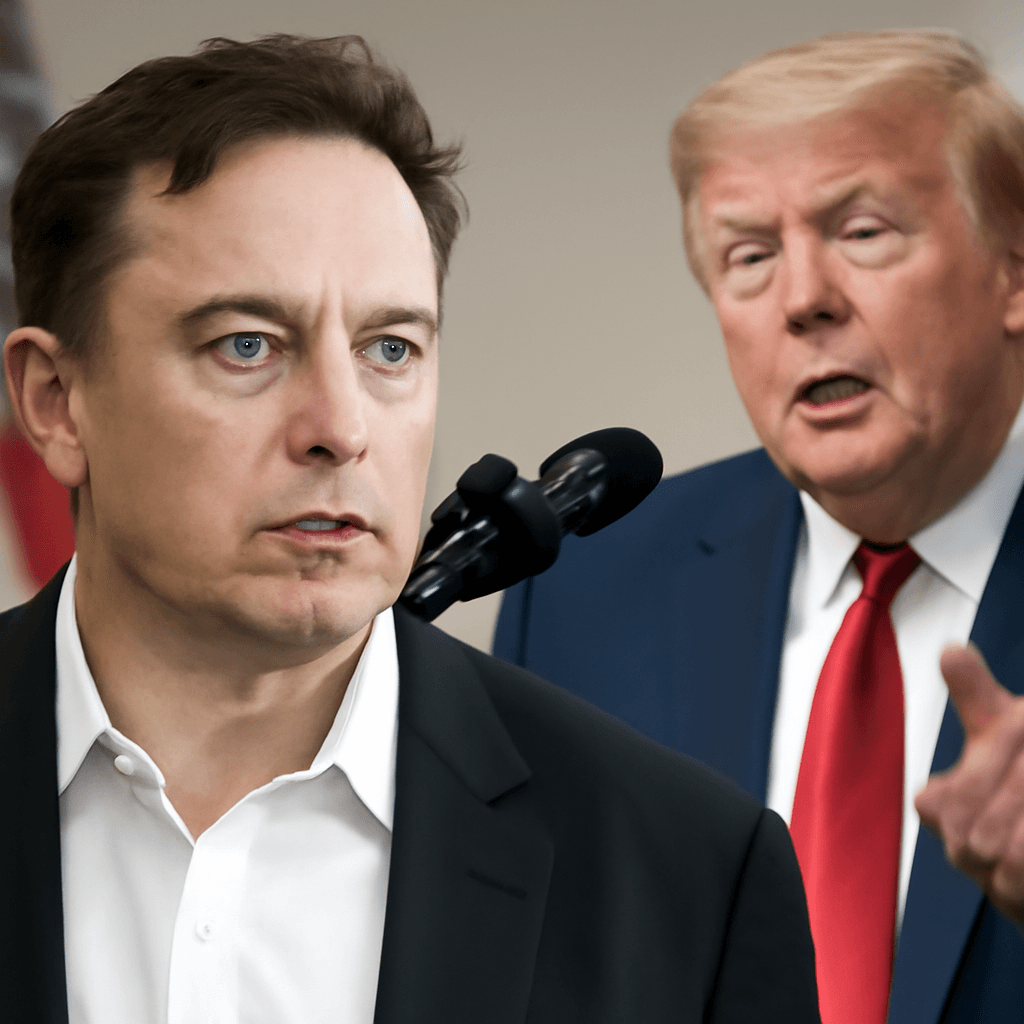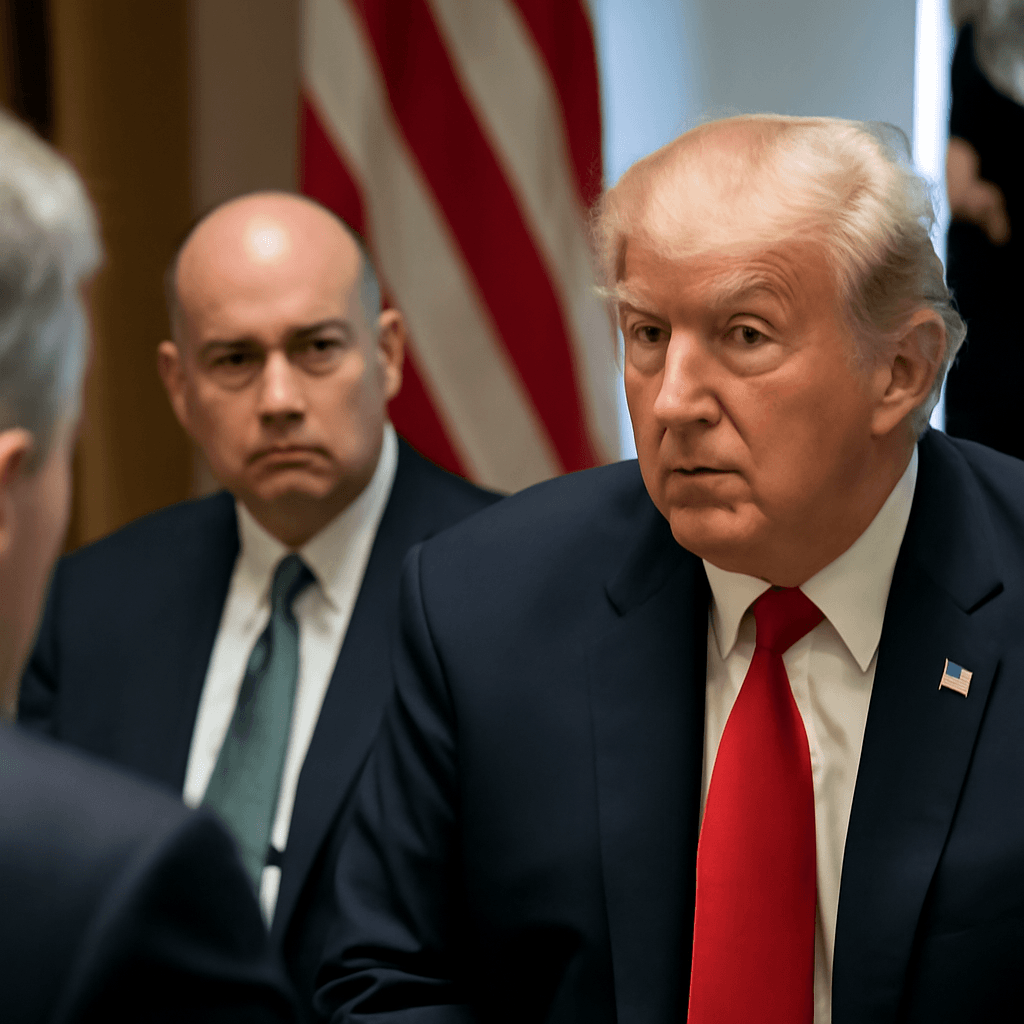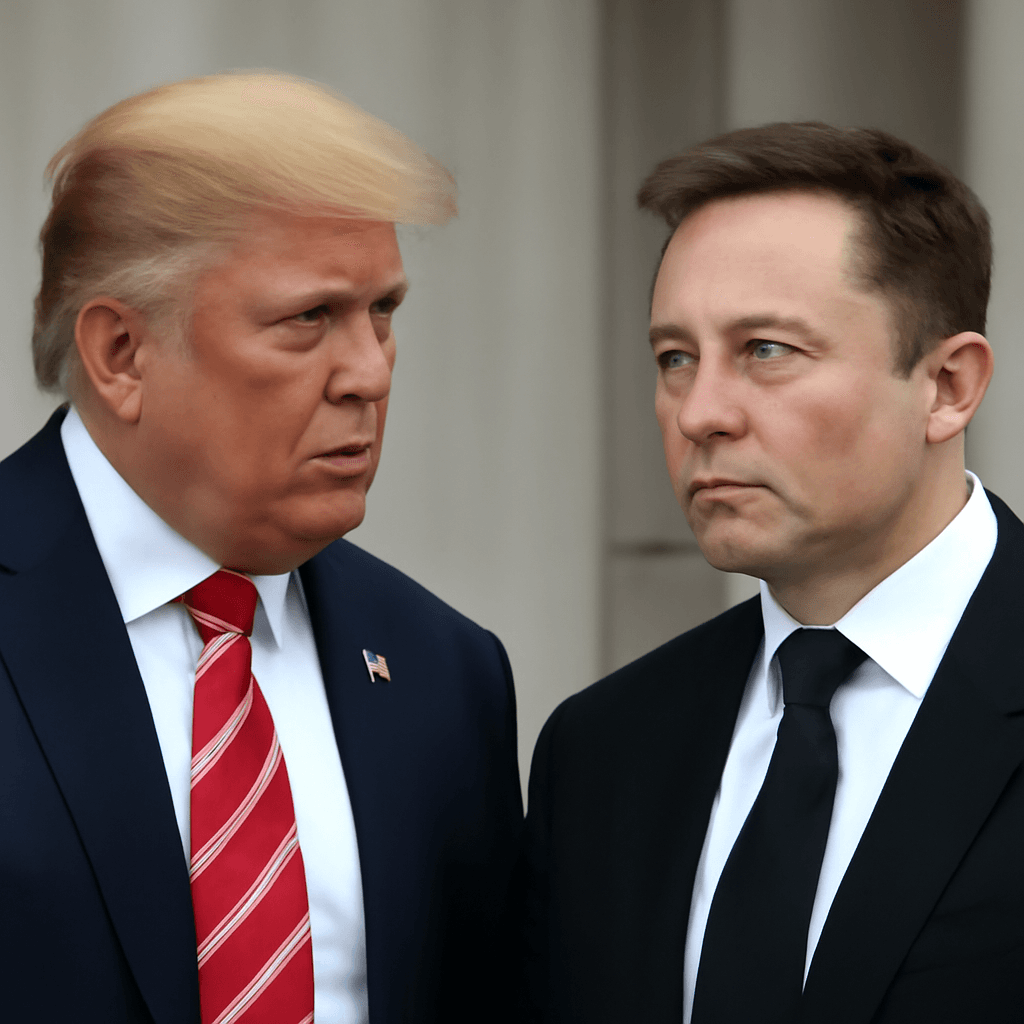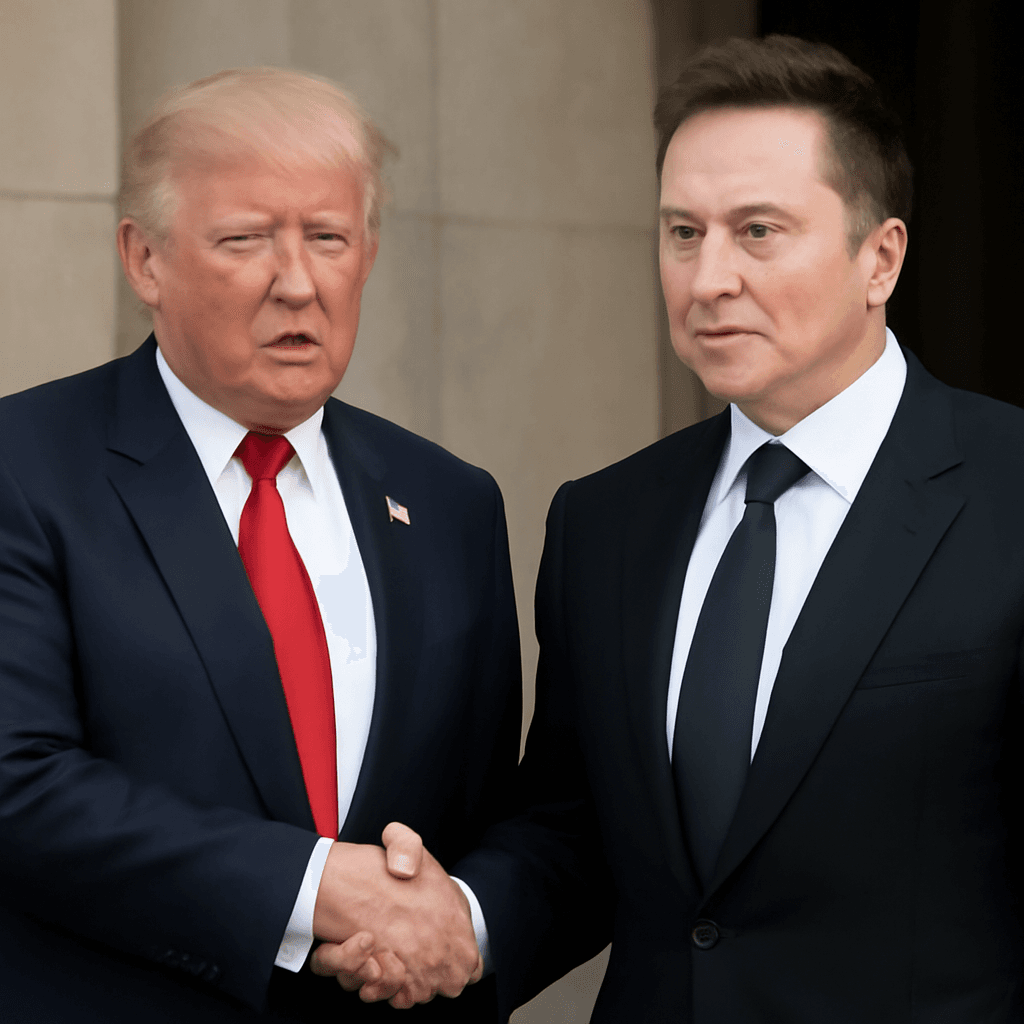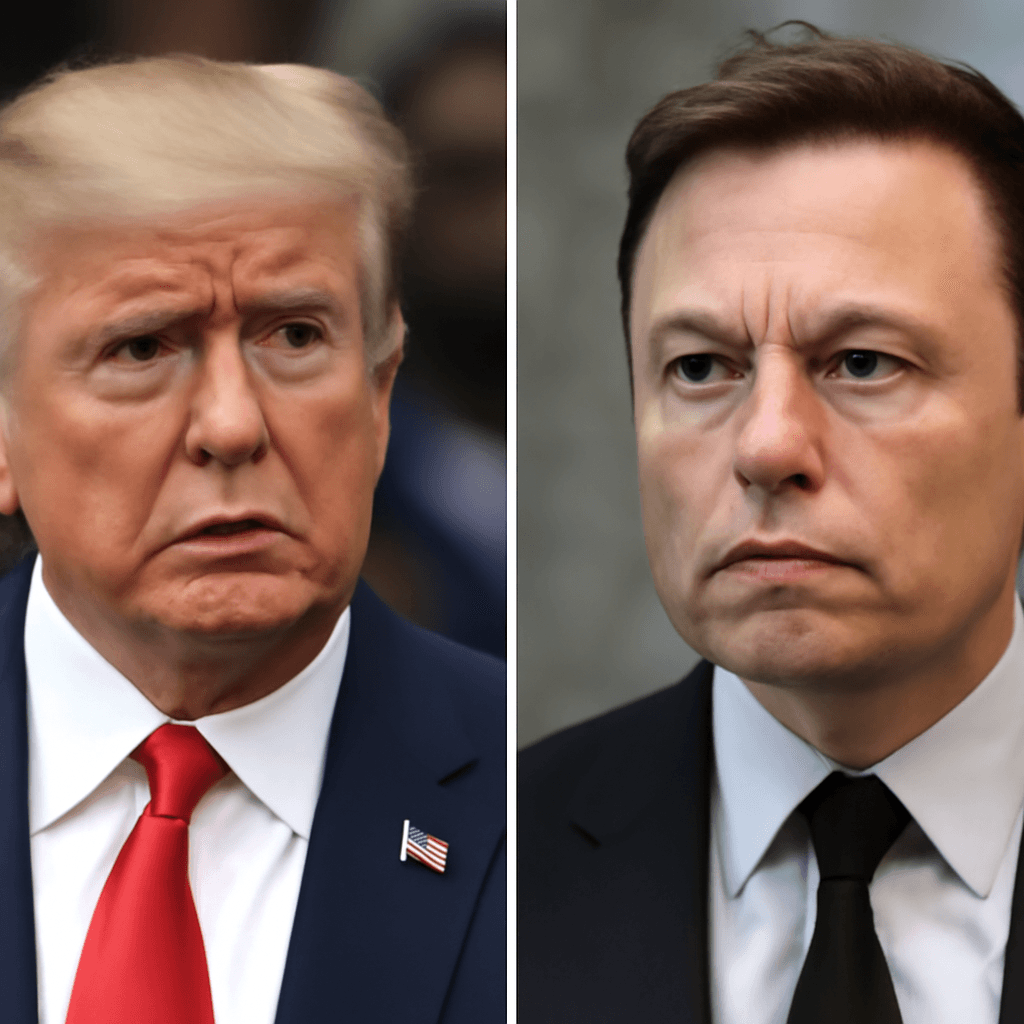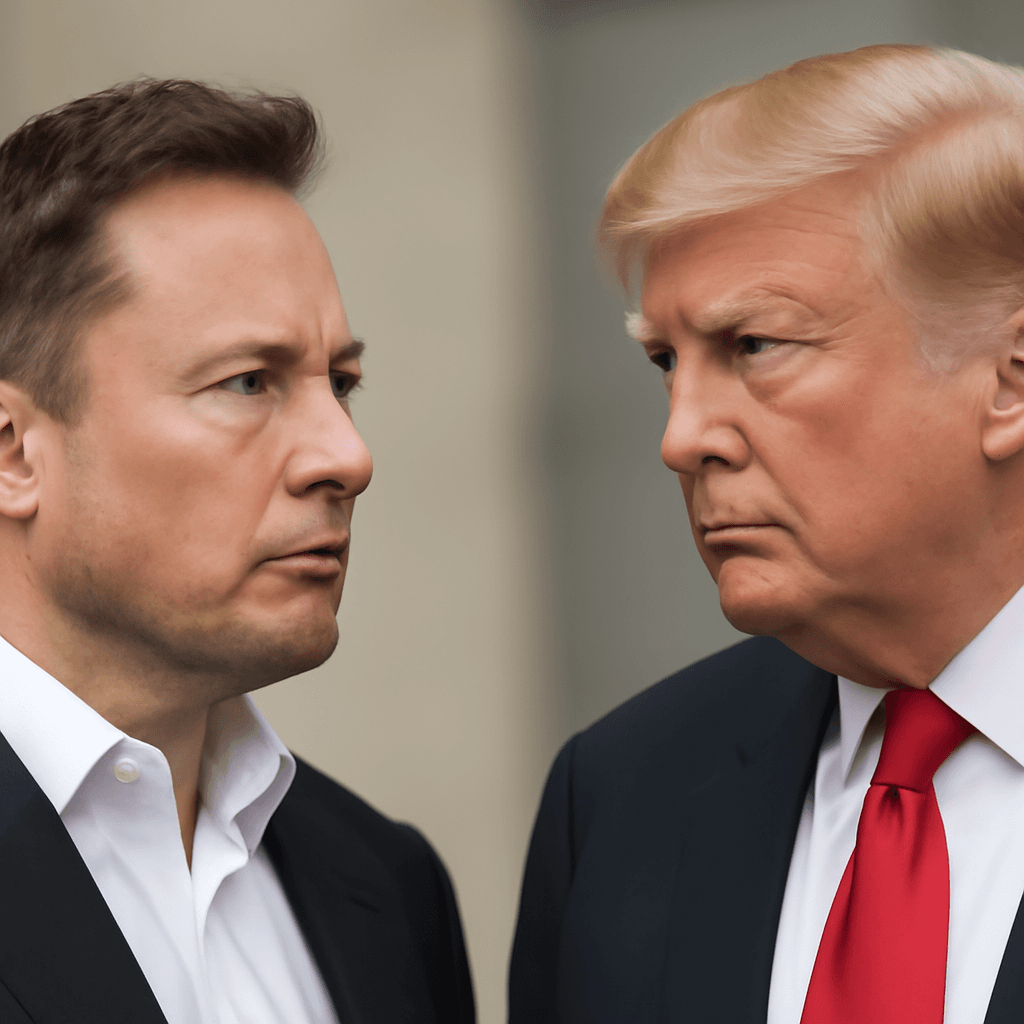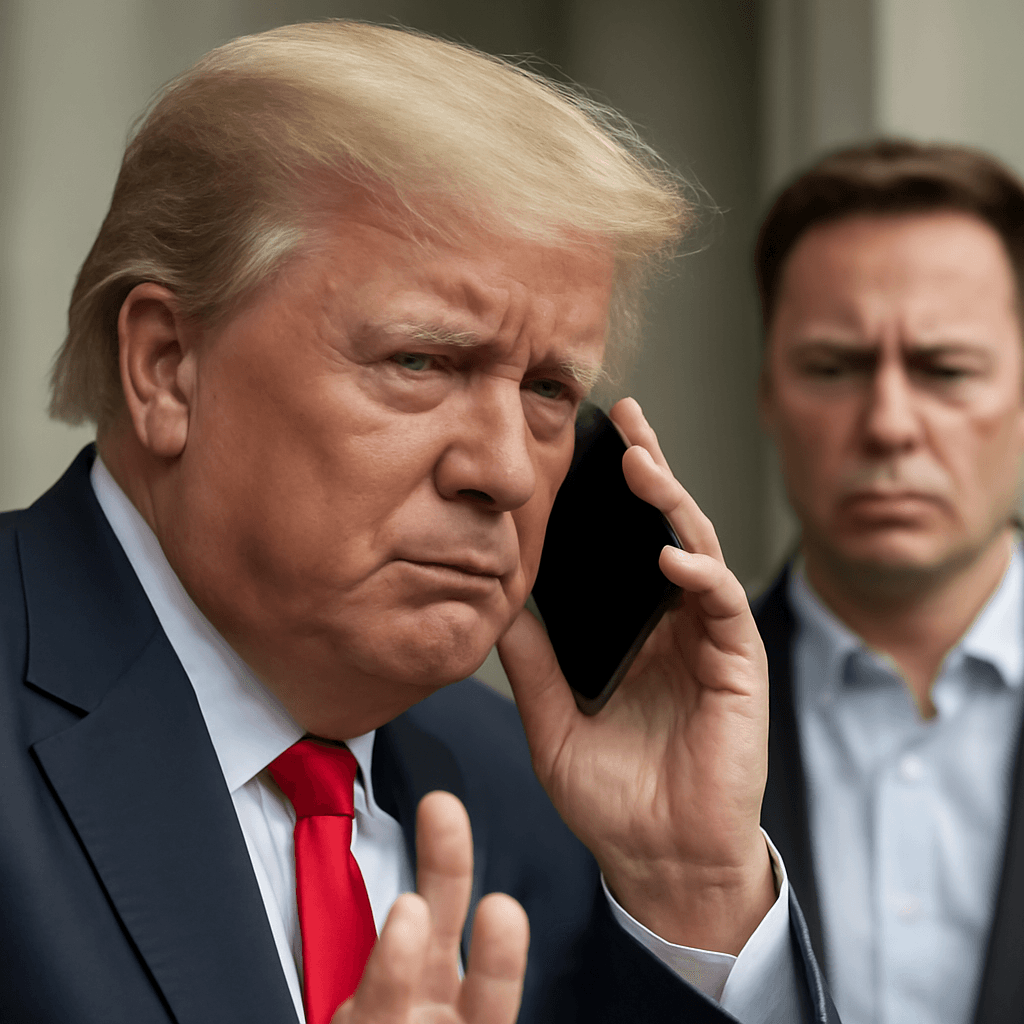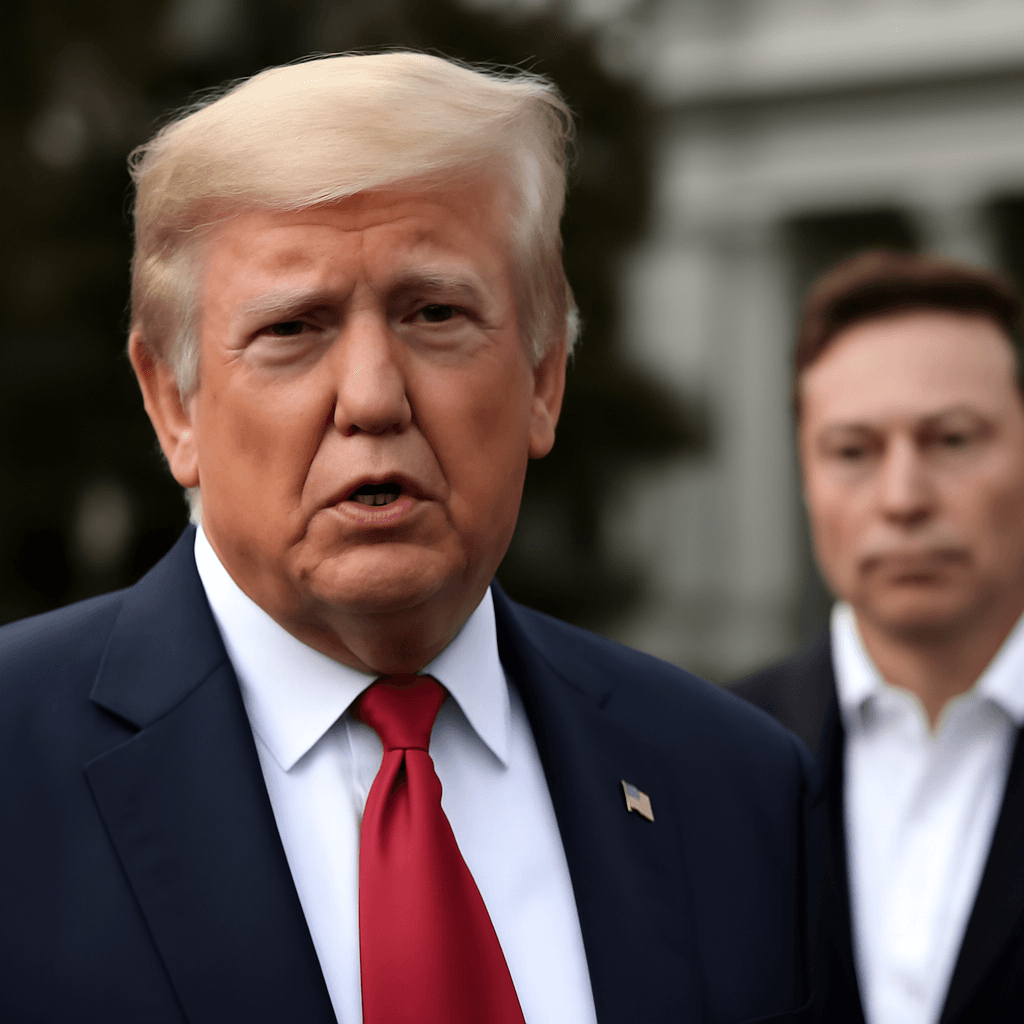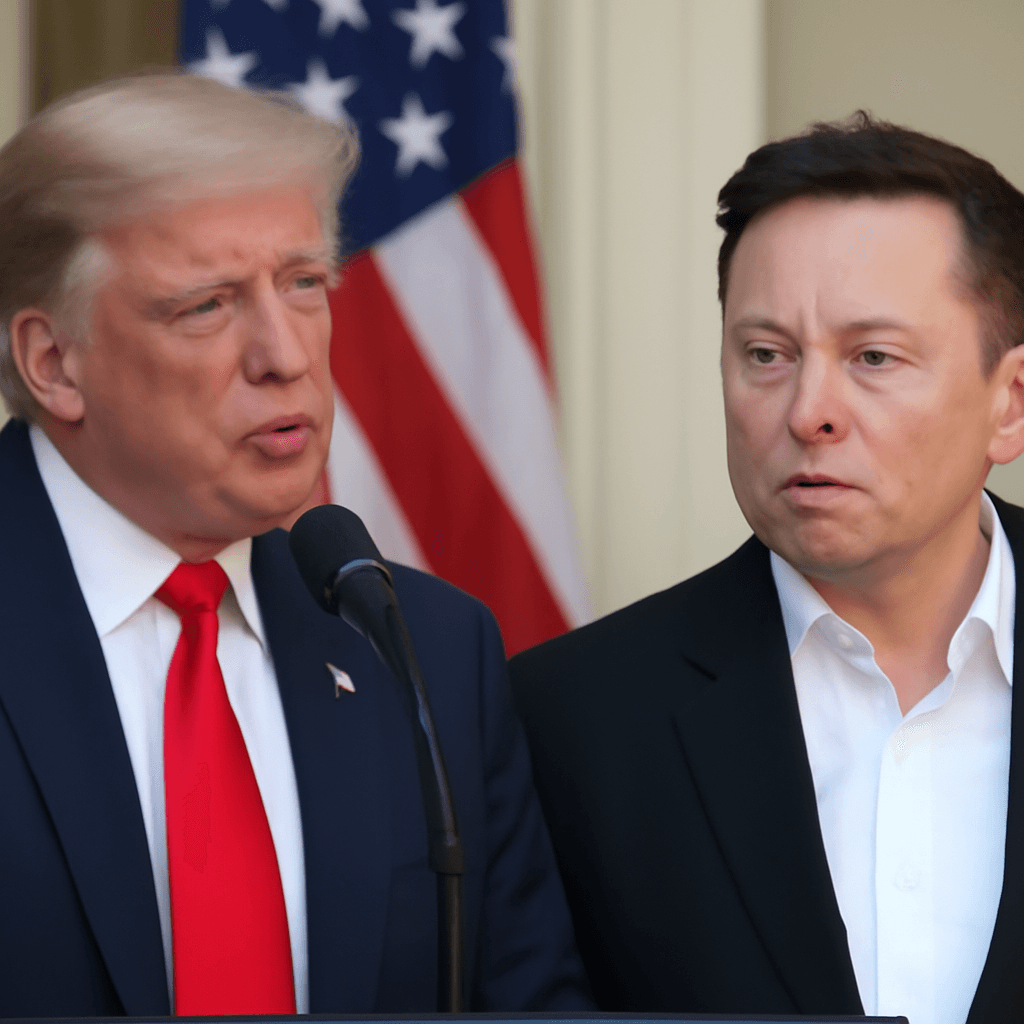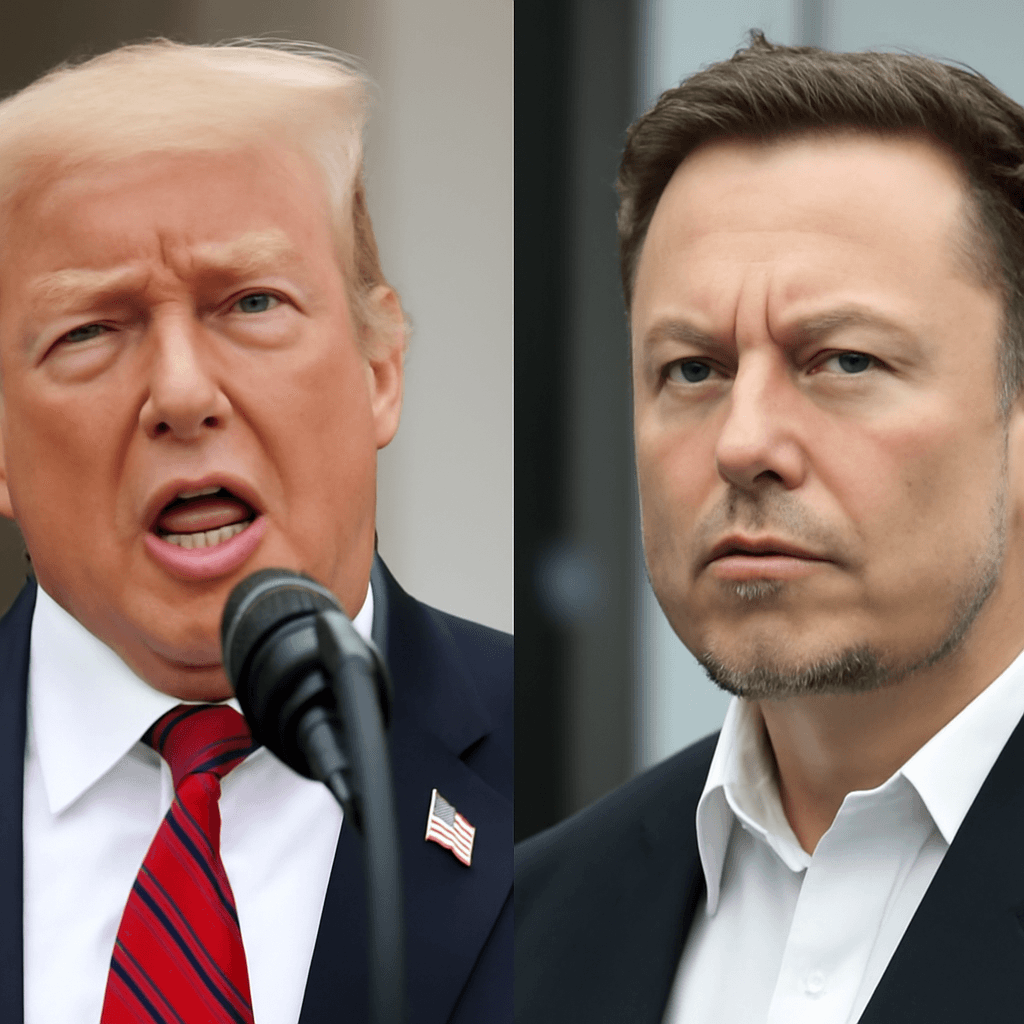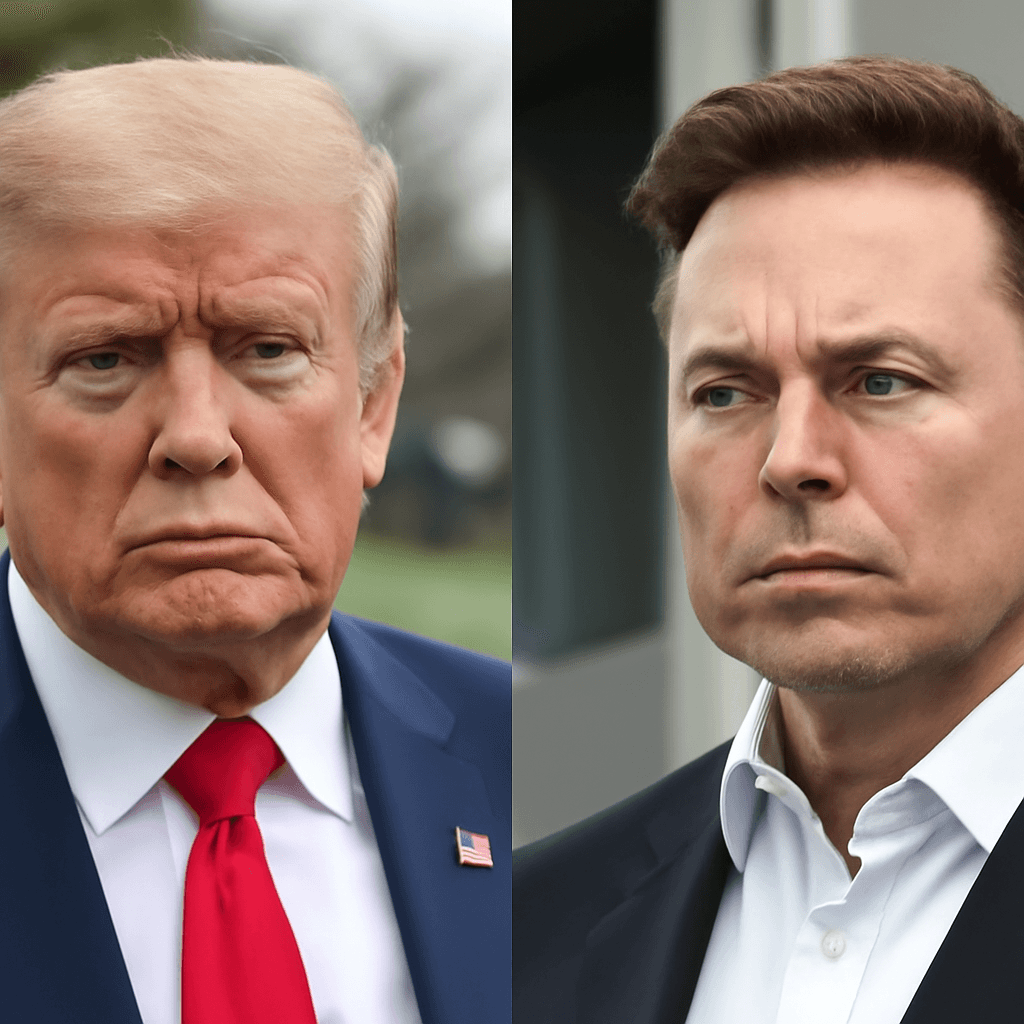Elon Musk Attributes Trump’s 2024 Election Win to His Support
In a recent series of exchanges on the social media platform X, Elon Musk, CEO of Tesla and SpaceX, asserted that former US President Donald Trump’s victory in the 2024 presidential election would not have been possible without his backing. Musk expressed frustration over what he described as “such ingratitude” from Trump, following public criticisms and threats from the former president to cut subsidies benefiting Musk’s companies.
Public Fallout Between Musk and Trump
The relationship between Musk and Trump, once characterized by a brief camaraderie during Trump’s tenure in office, has sharply deteriorated. Musk publicly condemned a key Republican spending bill — often referred to as the “big, beautiful bill” — for increasing the US deficit. He labeled the legislation a “disgusting abomination” and urged Republicans to oppose it in favor of a plan that does not exacerbate fiscal imbalance.
Trump Responds to Musk’s Criticism
During a press briefing in the Oval Office, Trump responded to Musk’s remarks with disappointment. He suggested that Musk, who had intimate knowledge of the bill’s contents, appeared to reverse his stance only after realizing Trump’s intention to repeal electric vehicle mandates included in the legislation.
“Elon and I had a great relationship. I don’t know if we will anymore,” Trump told reporters, expressing surprise over Musk’s opposition to the bill. He also reminisced about past interactions with Musk, including a press conference where Musk appeared visibly bruised but declined makeup, showing a desire to present himself authentically.
Underlying Issues in the Feud
The conflict centers around the proposed tax and spending bill, a cornerstone of the Republican domestic agenda designed to sustain previous tax cuts and shape the party’s prospects for the 2026 midterm elections. Musk’s rejection of the bill underscores his concern about its impact on the national deficit, contrasting with Trump’s commitment to advance the legislation.
Trump also acknowledged that some policy decisions, including those affecting space exploration initiatives supported by Musk, may have contributed to Musk’s dissatisfaction. The tension between the two figures highlights broader challenges within the party regarding fiscal policy and legislative strategy.
Conclusion
The public sparring between Elon Musk and Donald Trump reflects a complex dynamic, blending personal grievances with political and economic disagreements. As the debate over the tax and spending bill continues, the future of this contentious relationship remains uncertain, with potential implications for both political calculations and the business interests involved.

